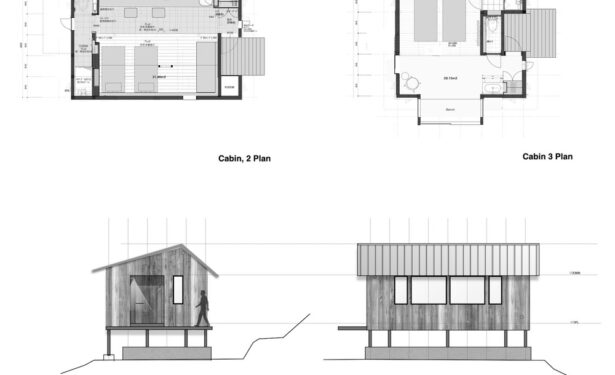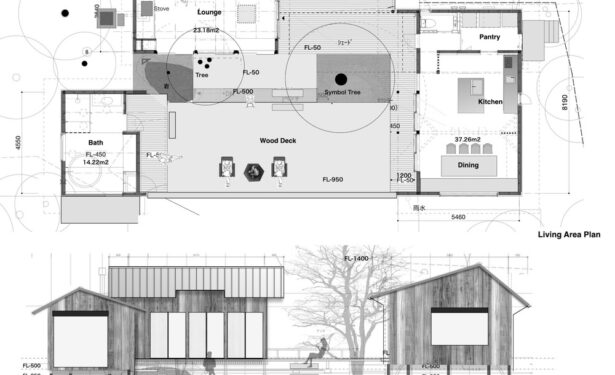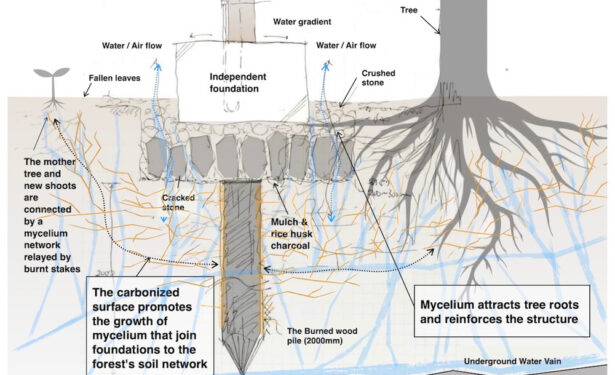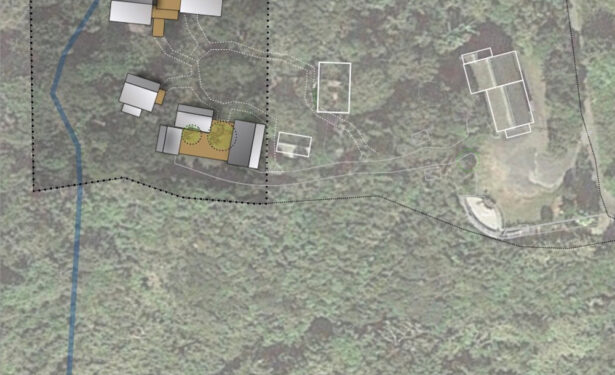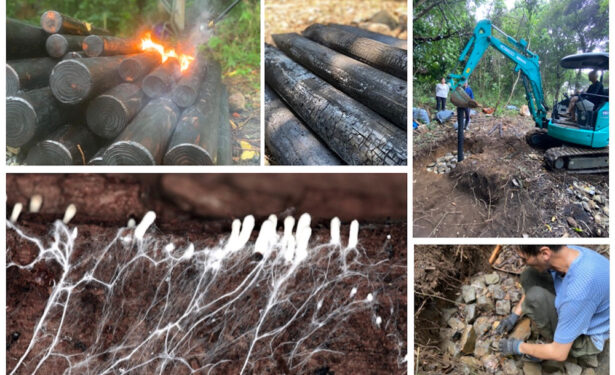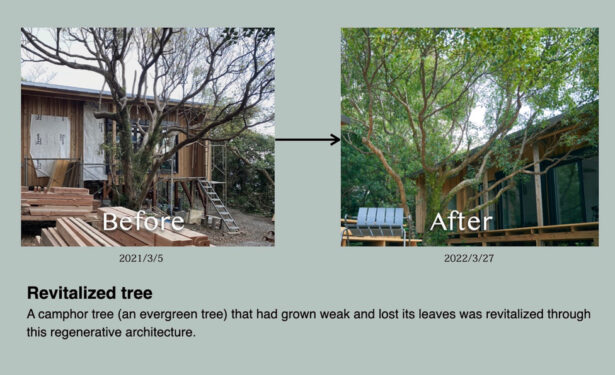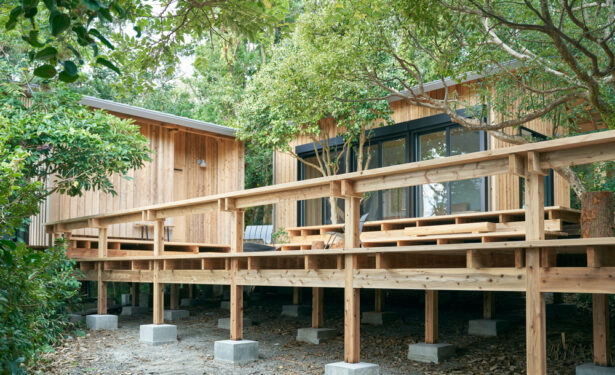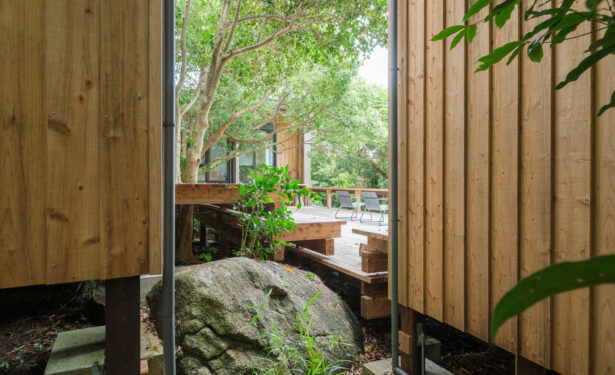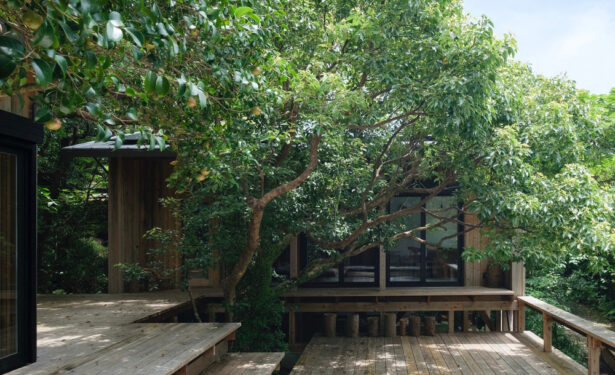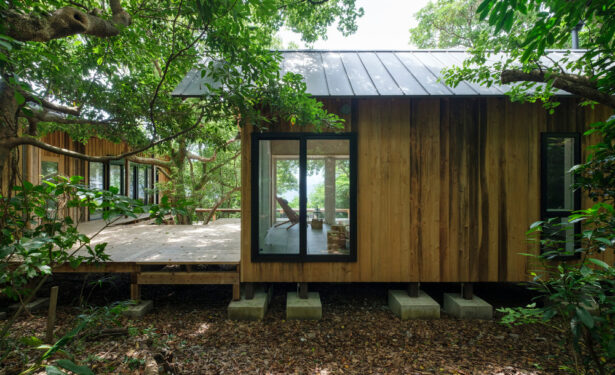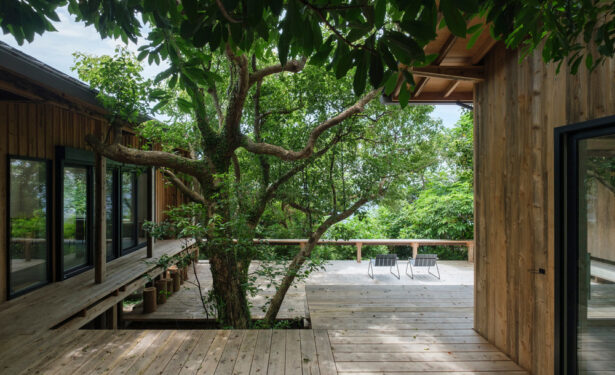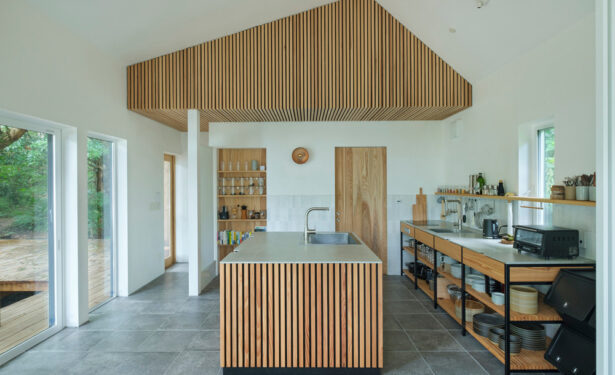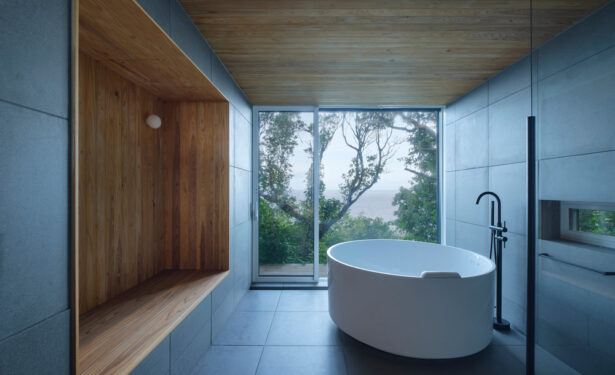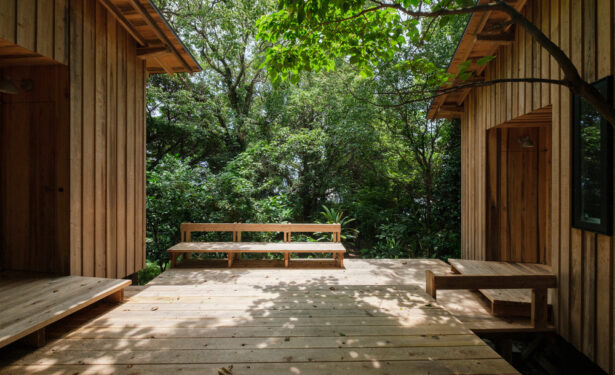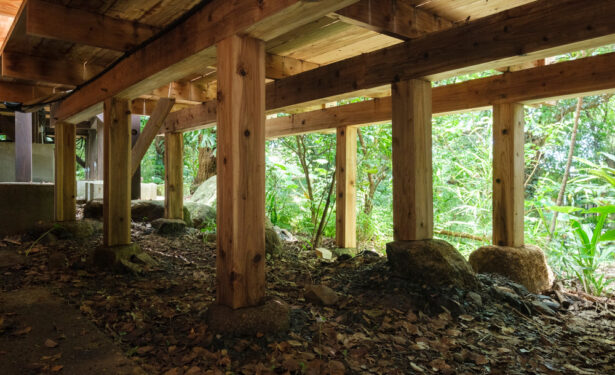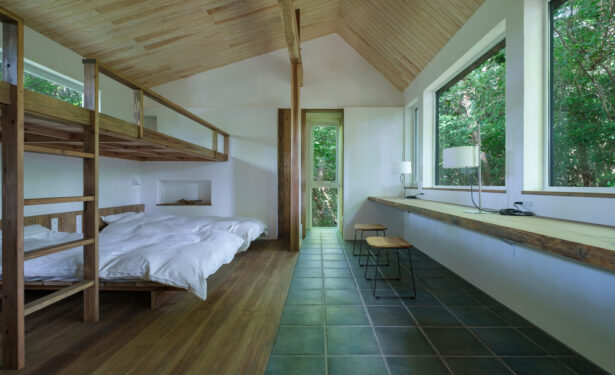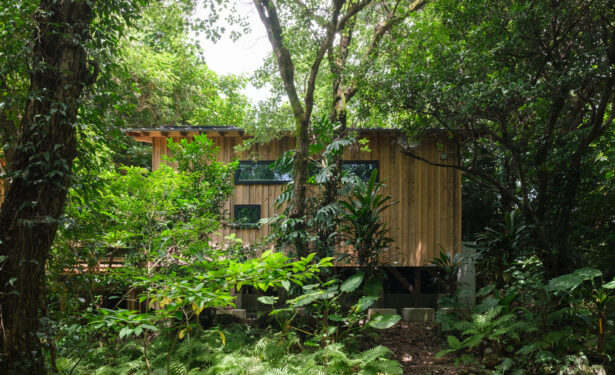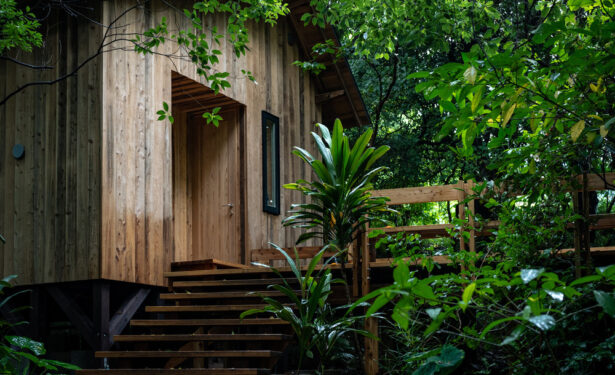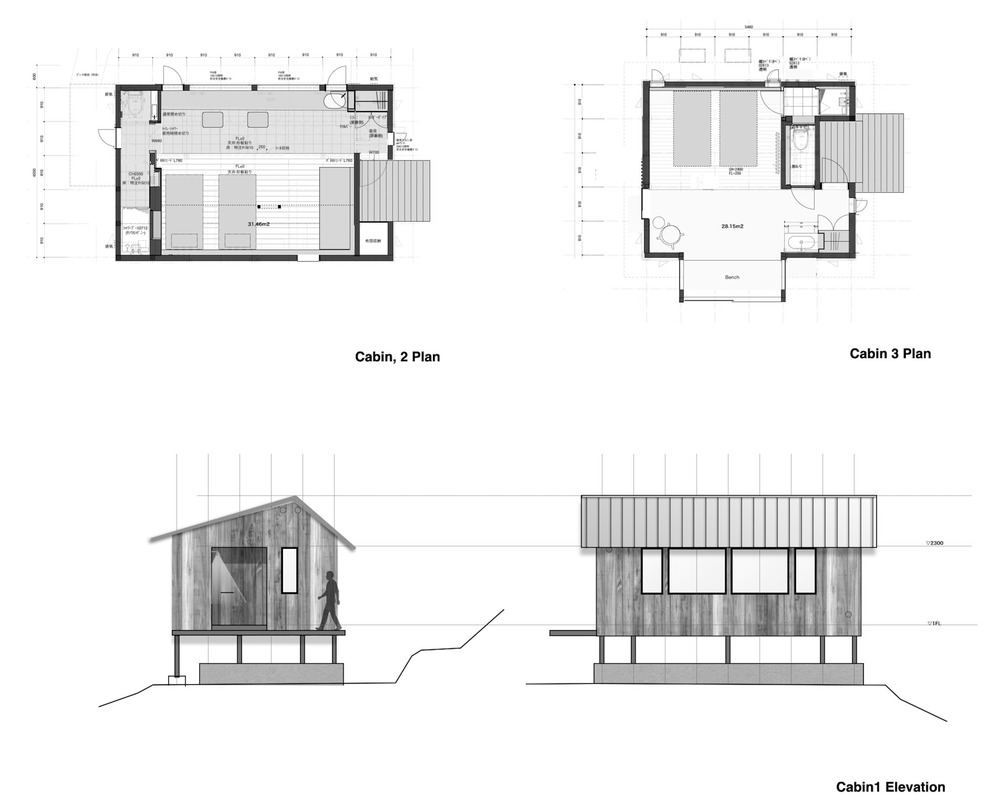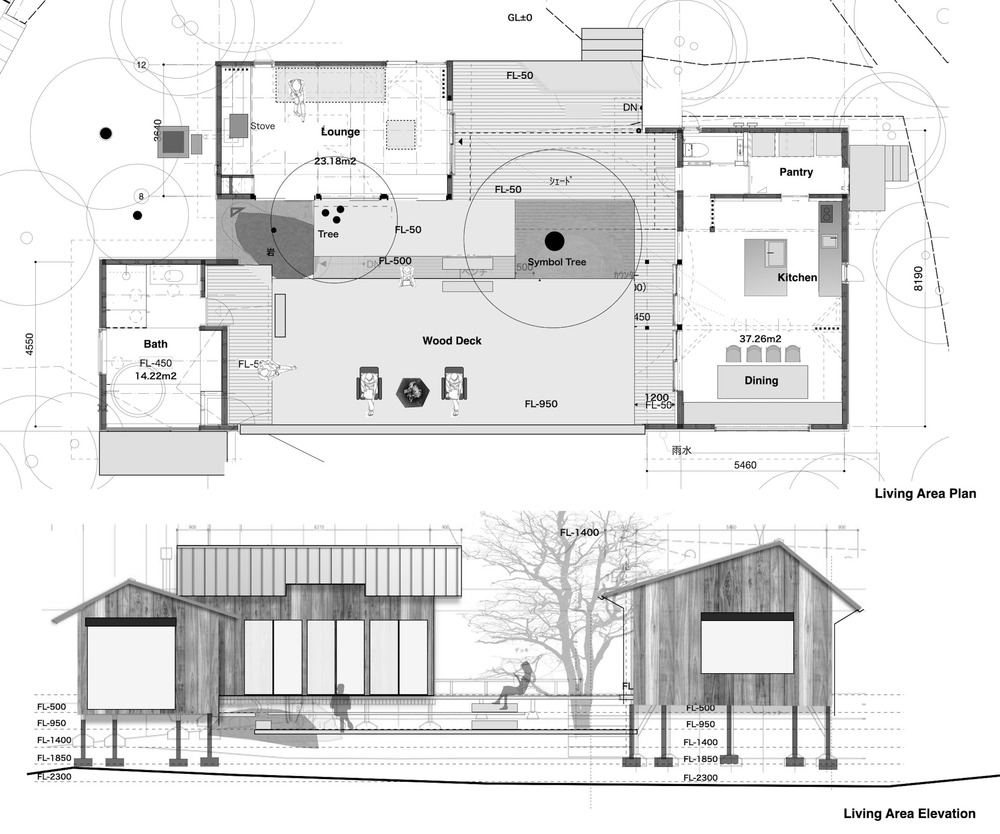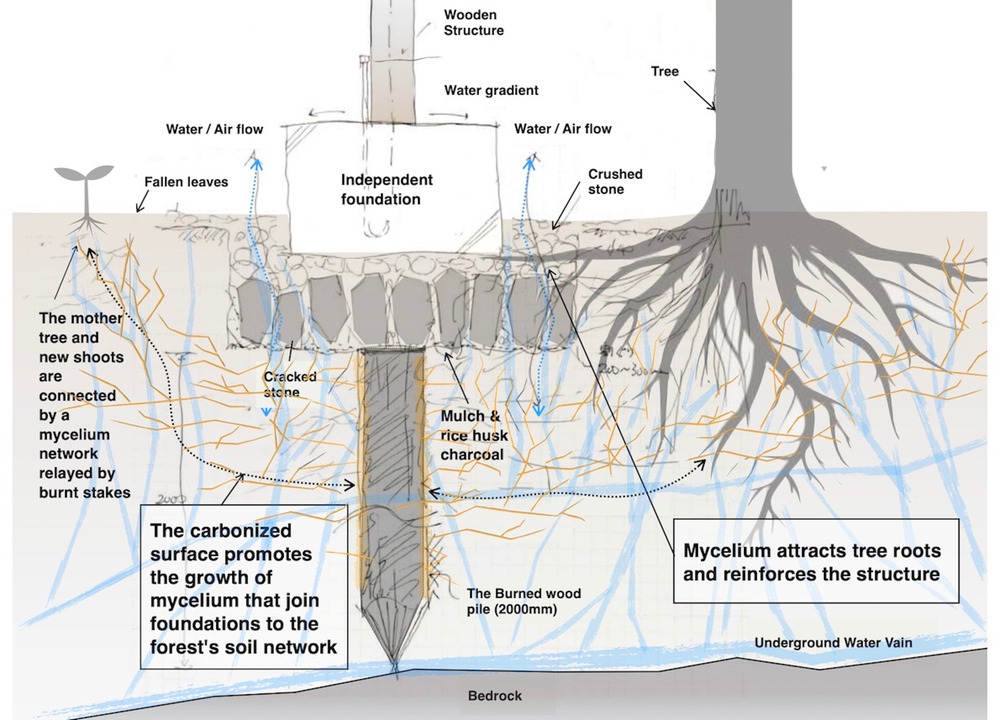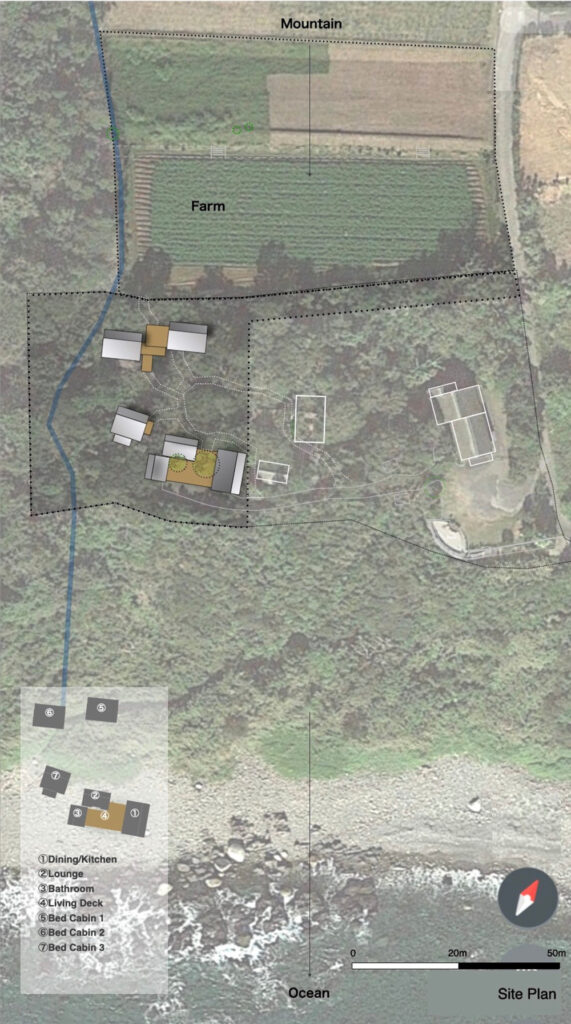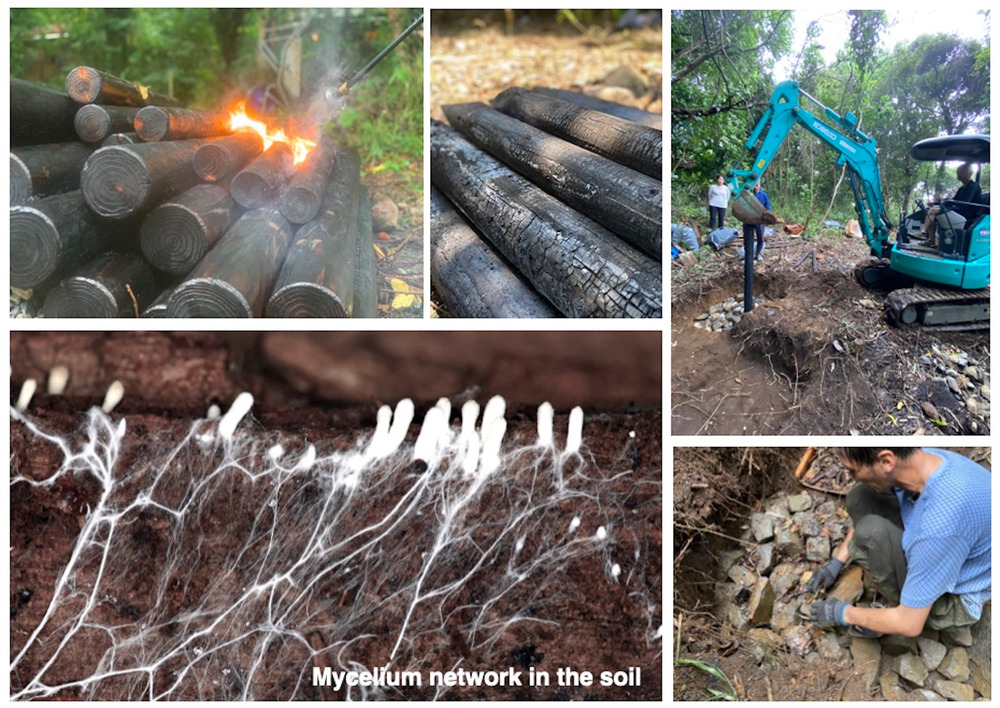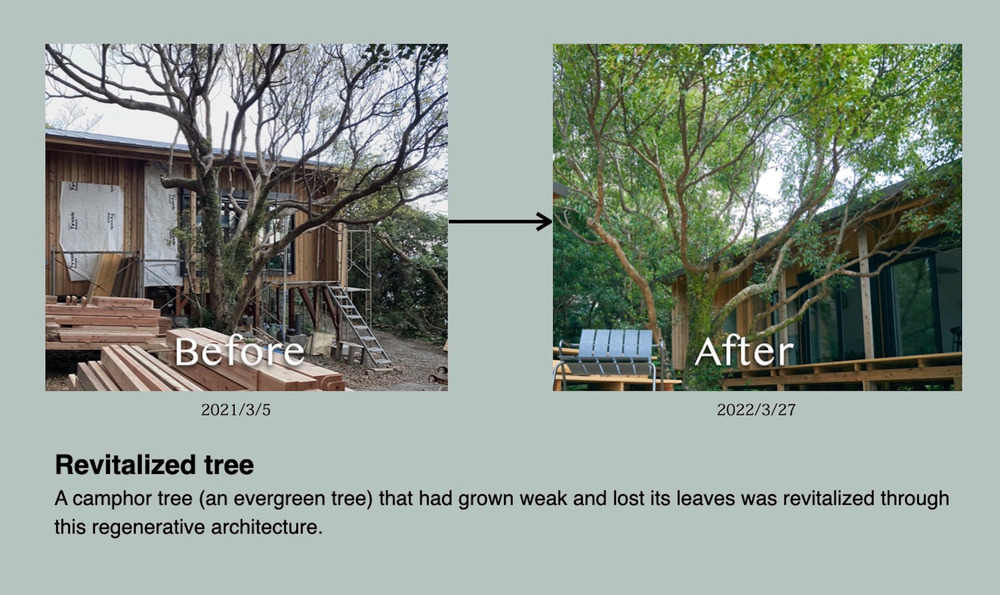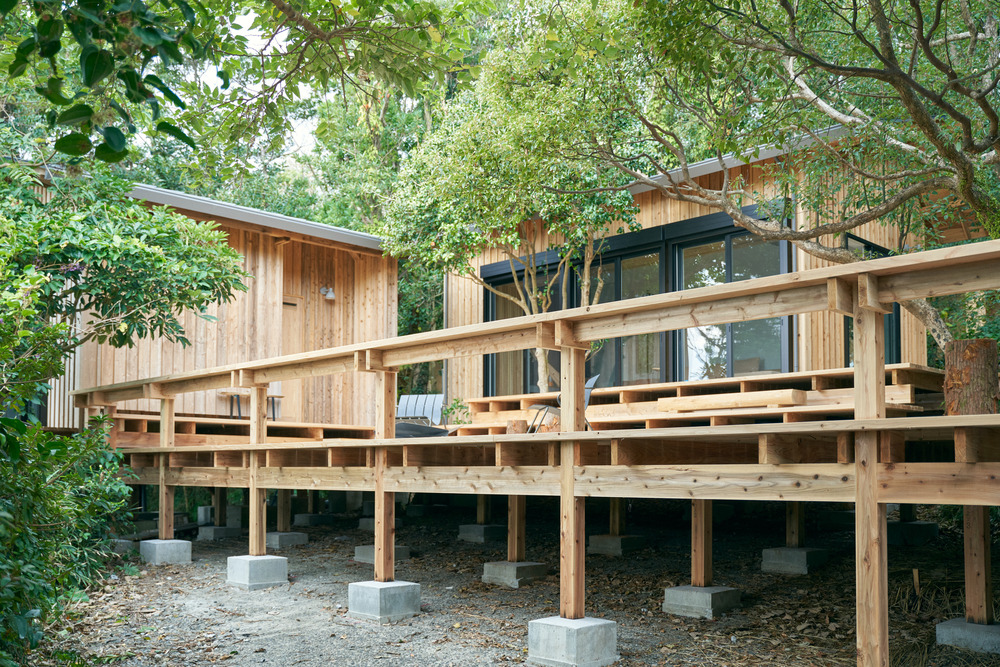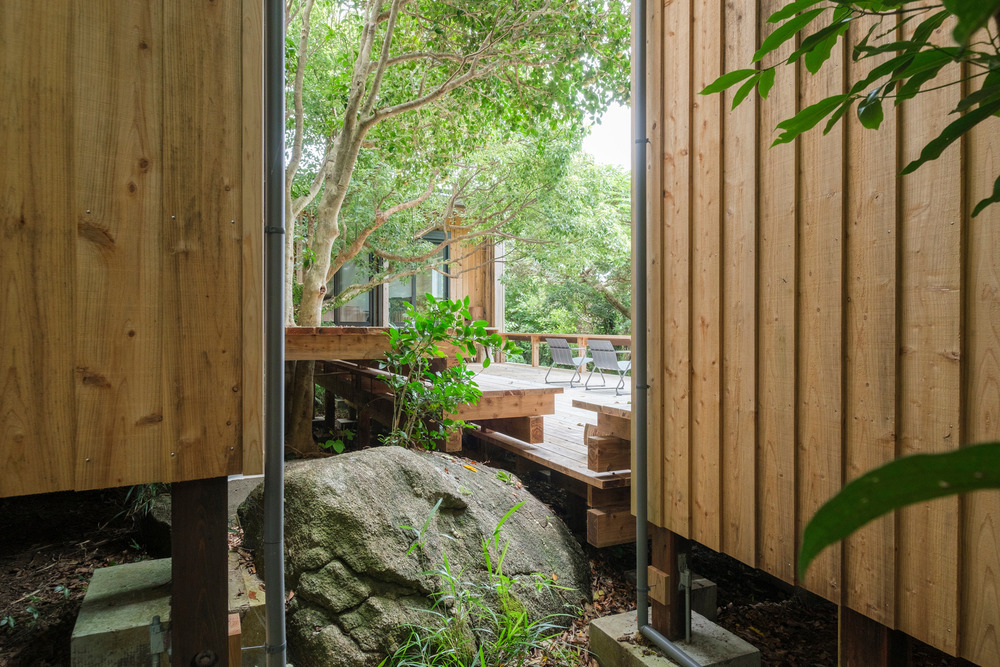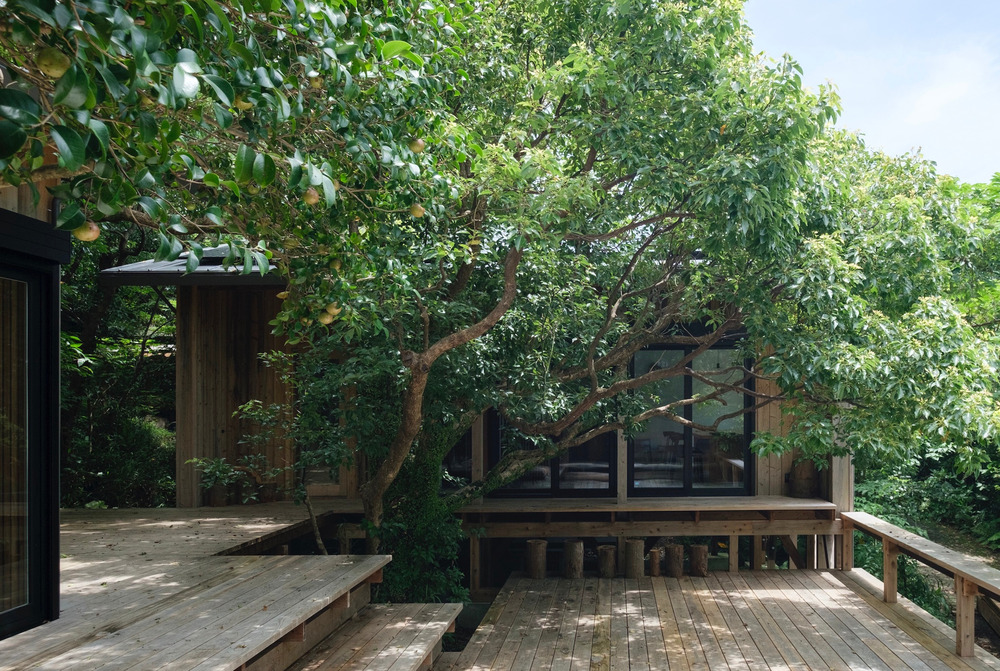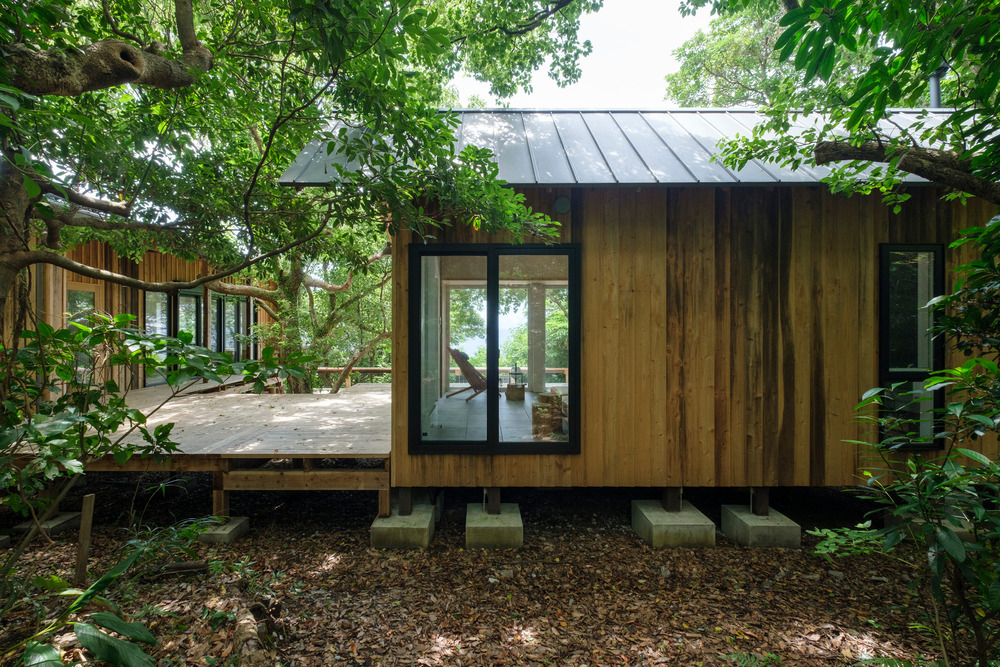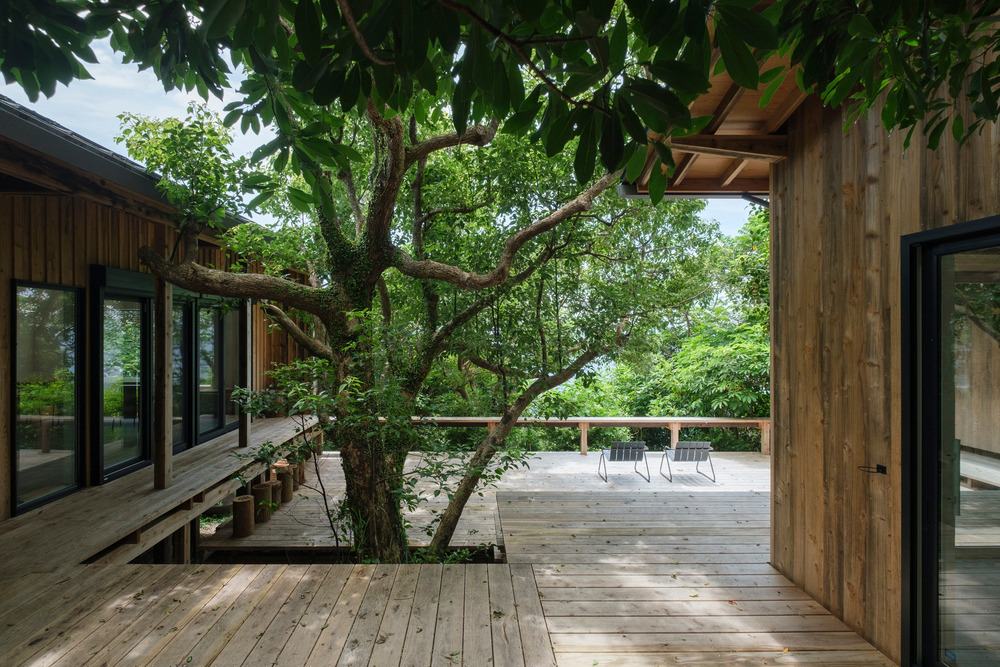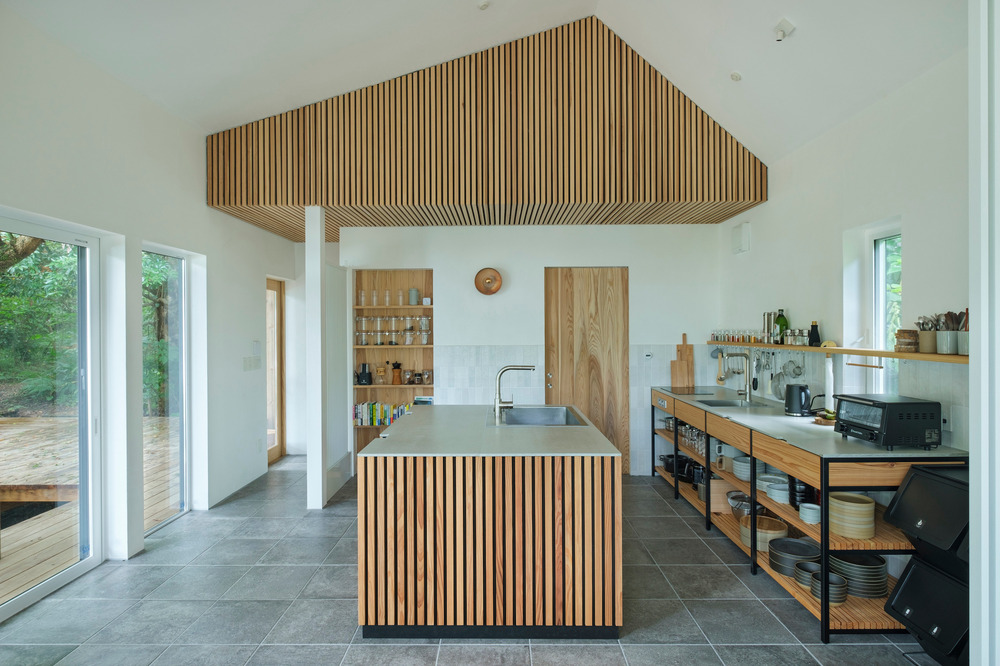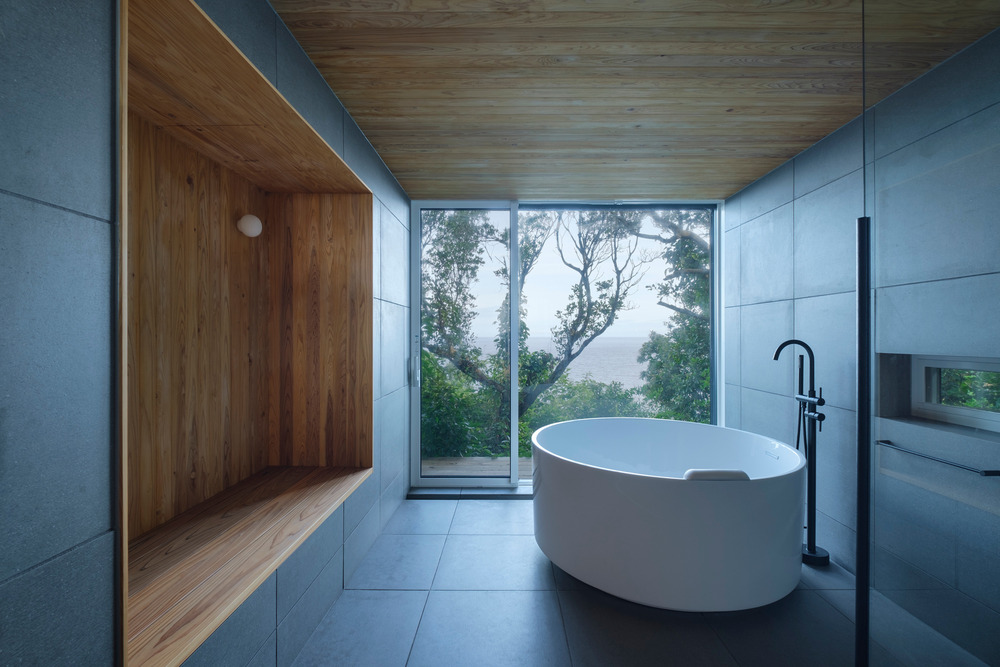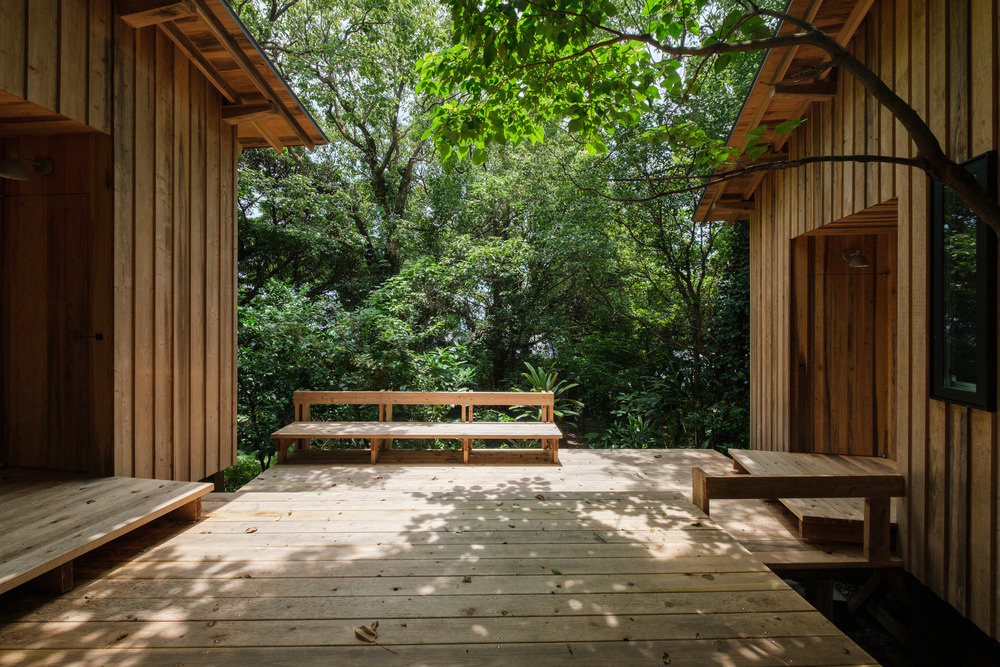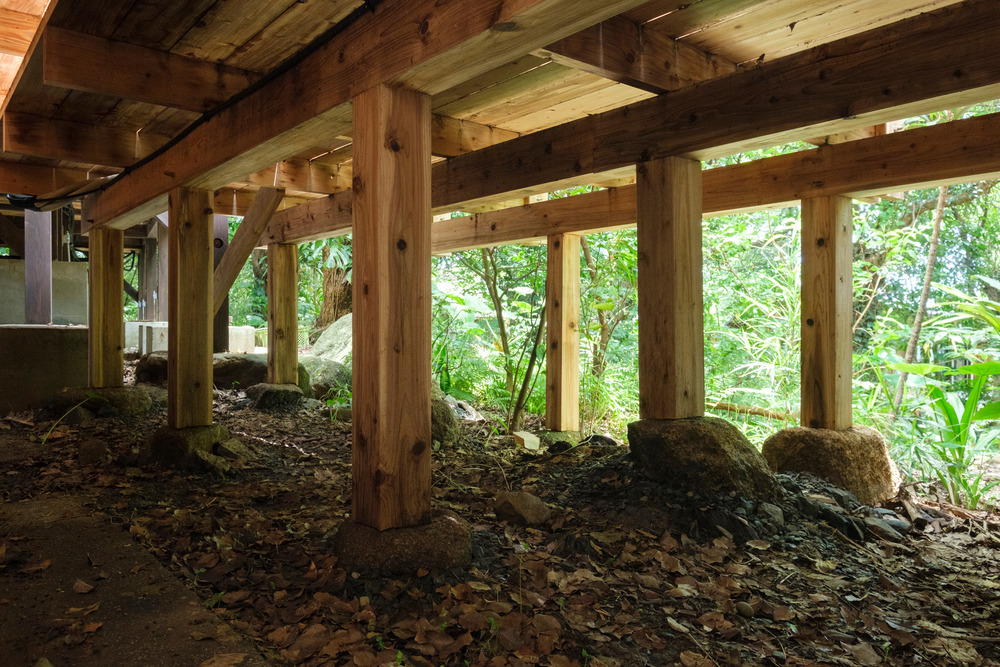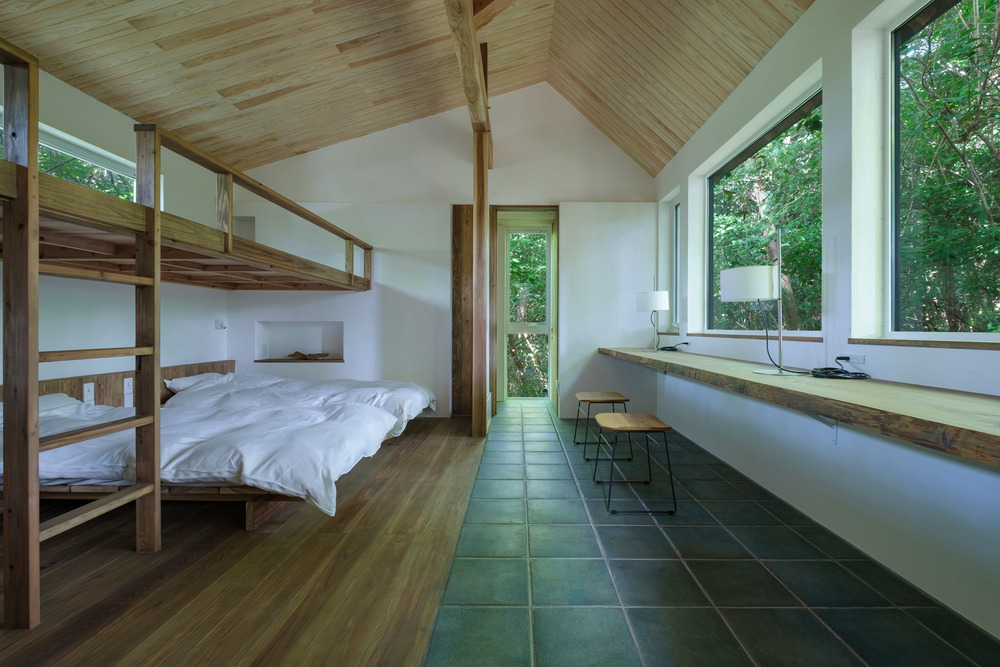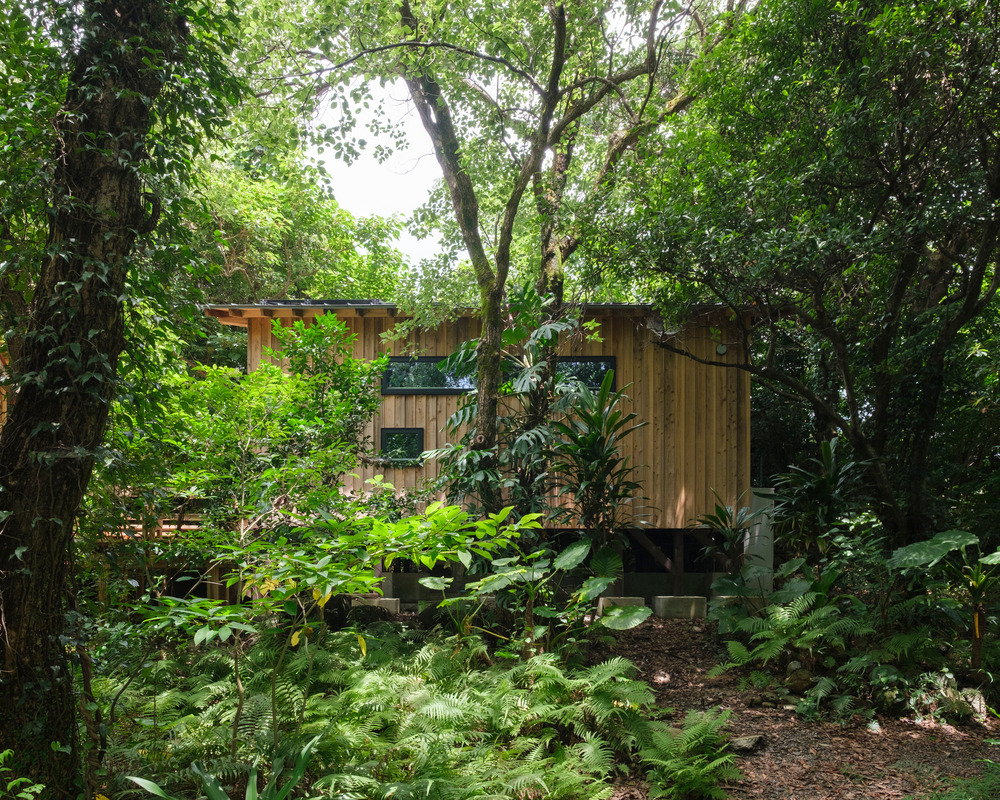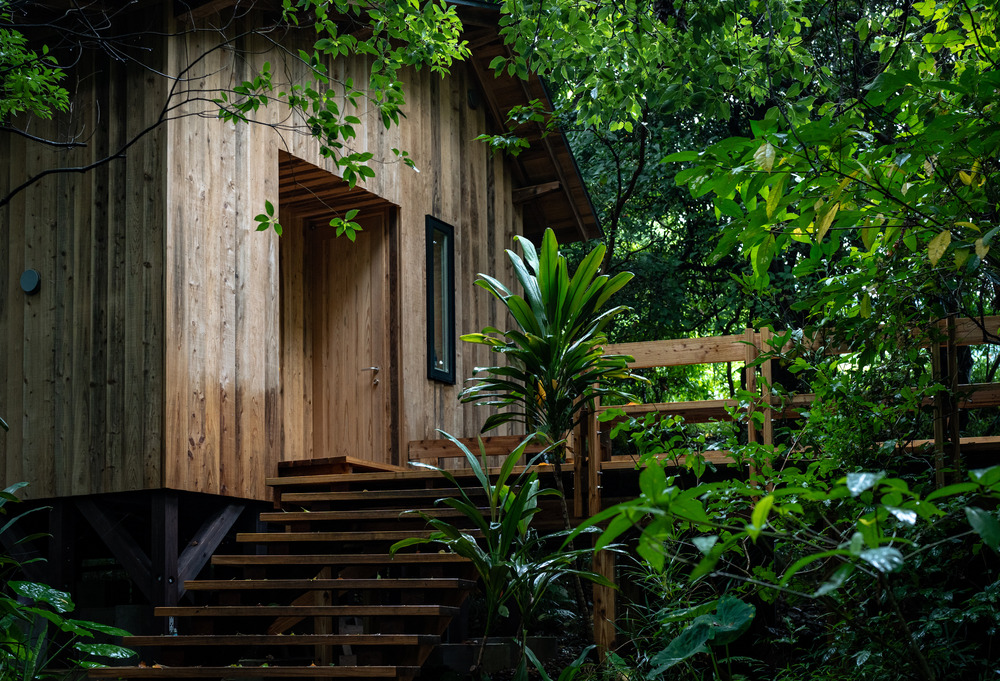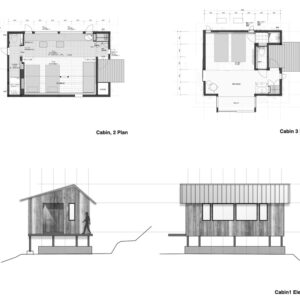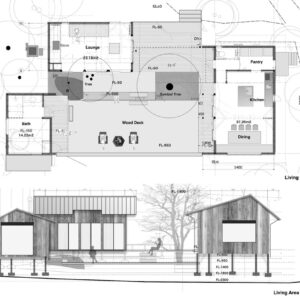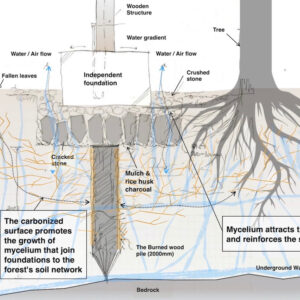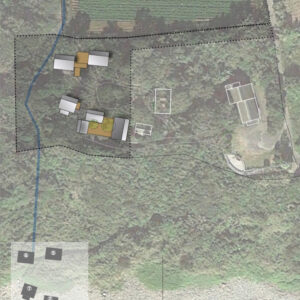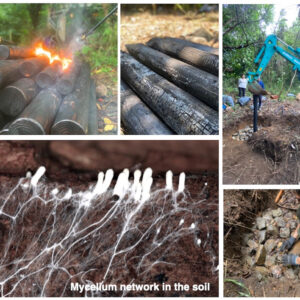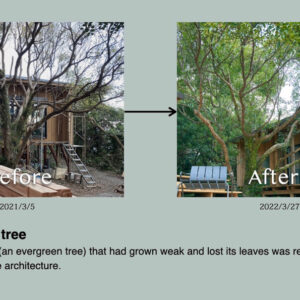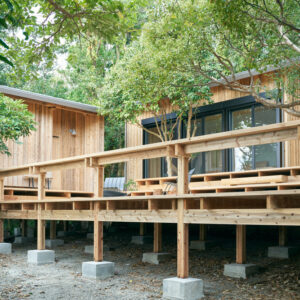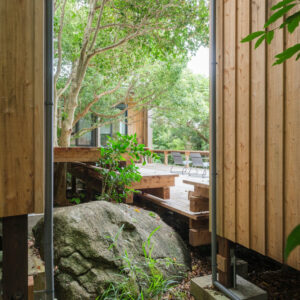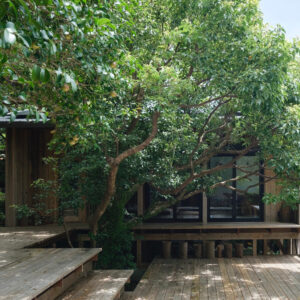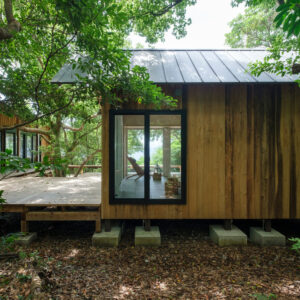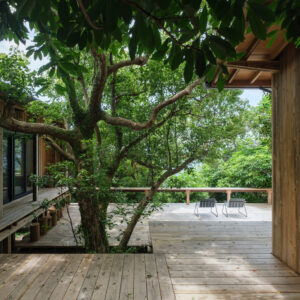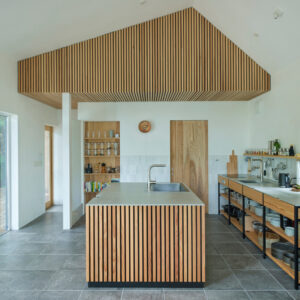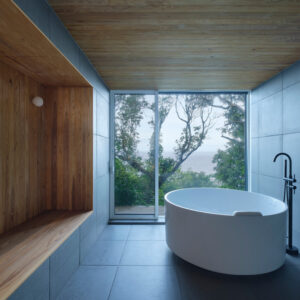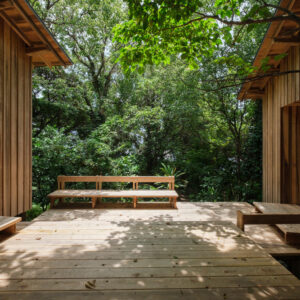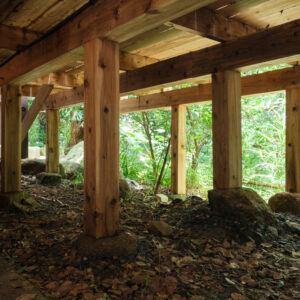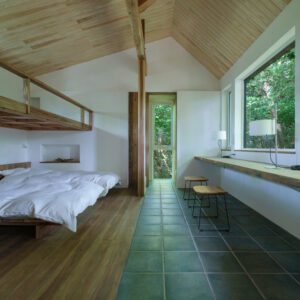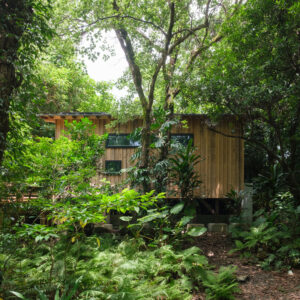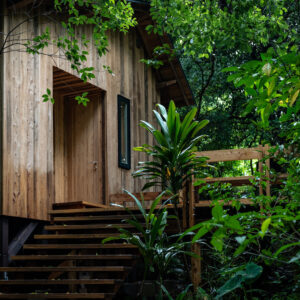
- 11 August 2023
- 2267 defa okundu.
Sumu Yakushima
Sumu was recognized for a concept of regenerative ideas. Although sustainable architecture that preserves the environment has existed in the past, it is realized in this project with the architectural idea of enriching the environment.
About Sumu Yakushima
Yakushima Island is a natural paradise in southern Japan, where abundant rainfall onto 2,000-meter peaks nurtures dense forests home to millennium-old Japanese cedars.
This innovative housing co-op applies “regenerative architecture” to re-conceptualize the relationship between human habitation and the surrounding natural environment. The name Sumu means both “to live” and “to become clear”, expressing its core concept of living in a way that positively impacts the landscape. Rather than being a discrete site, the design takes a holistic view of the entire river basin, from the mountains to the sea, making a positive contribution to natural processes. It applies “regenerative architecture”, a new approach developed by the designers that combines traditional Japanese civil engineering with contemporary technology.
Going beyond simply preserving nature as it is today, key considerations in the design include:
- Designing the underground environment
- Orientating buildings based on in-depth understanding of water and air flows through the landscape
- Creating an ongoing connection with nature through architecture
In addition to exploring modern applications of traditional Japanese wisdom, its features include:
- Off-grid energy from solar power, storage batteries, and local firewood
- Comfortable living spaces that leverage architectural expertise to achieve effective airtightness and insulation unlike camp-style accommodations
- Modern spaces with stylish design
A major departure from conventional nature experience facilities, Sumu encourages a wider section of society to engage in learning, with the aim of bettering our planet’s future. True to its concept of making a positive impact by living among nature, Sumu residents adopt a “regenerative lifestyle” that enhances the environment through everyday activities, from collecting driftwood for use as firewood, to clearing grass to allow cool air to flow through in a way that benefits the landscape.
Sumu’s design changes our relationship with nature. It enables residents to discover new possibilities for interacting with nature, and to adapt the way they think and act, thus building relationships with nature that transcend generations. If more widely applied, its unique approach has the potential to accelerate environmental initiatives.
Etiketler

